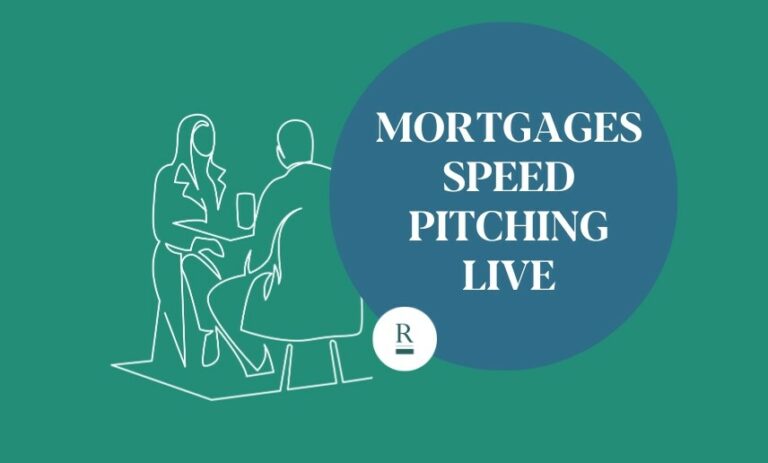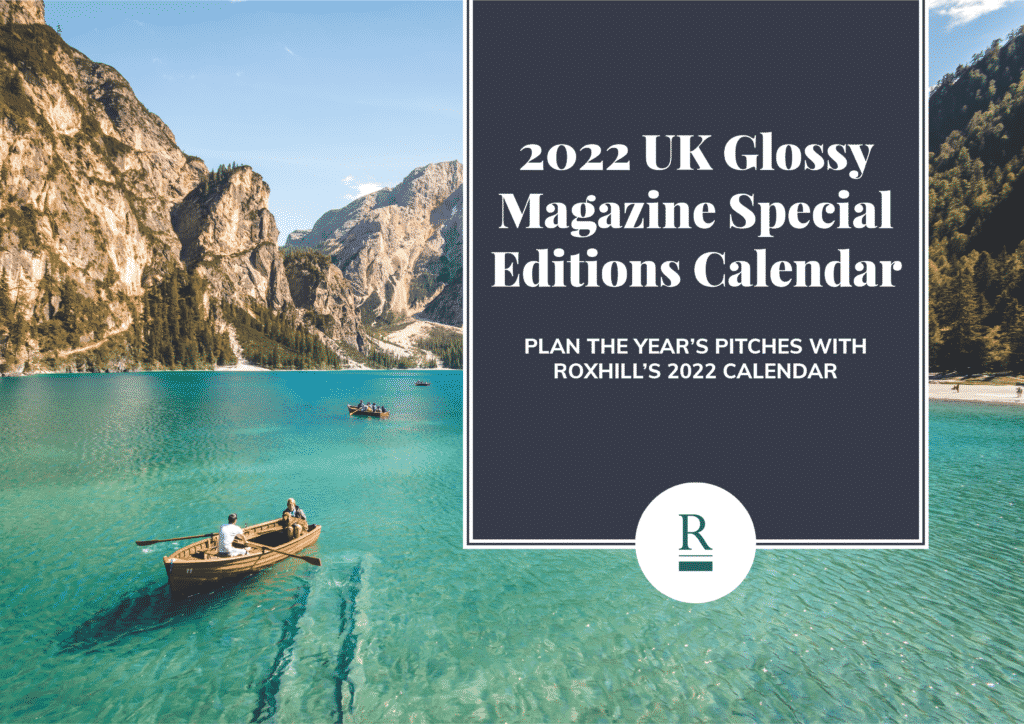How To Handle A Press Interview: A Cheat Sheet
Last week, the Irish Independent published a crib sheet from Sinn Fein’s 2016 election campaign with rules on how politicians should handle press interviews. The tips ranged from what to do if you miss a call from a journalist, to what to do if you don’t know the answer to their question. Above all, it warned candidates to “be careful”.
Initially, I felt hurt that there might be people wary of speaking to a friendly journalist like myself, and of the ruses I might employ. But when I read on, I realised, actually, they were right to be armed with a few pointers. Journalists are absolutely not out to get you, but throughout my career I, like all other hacks, have developed a number of subtle methods to get the most out of every interview. Whether you’re in travel, beauty, finance, property or any other field, you need to know them, and how to deal with them.
First and foremost, take the call
Live conversation yields much better colour for a journalist, natural quotes, and an opportunity to gain clarity and avoid confusion. If you’re pushing email answers, I find these are almost always distilled of character and full of dull platitudes. We don’t need hours on the phone – my best contacts are available at short notice for a brief chat. If after a few questions the journalist says they have all they need, you’ve done a great job.
Choose your words wisely
In terms of my hidden strategies, they are not rocket science. One thing I do frequently is use a particular word or turn of phrase in a question with the hope that an interviewee will repeat it back to me, and I can put it straight into the copy. It’s not quite putting words in your mouth, but spokespeople need to be able to think on their feet here. If my choice of words suits your cause, use them. If not, offer a clear alternative. “No, I wouldn’t say that, but the situation is complicated.”
Check you are making sense
Another technique I use is to give an opinion on the subject that’s in line with the response I’m looking for from the spokesperson. I do this for two reasons: firstly, if the spokesperson knows I sympathise with them, they might let their guard down, leading to juicier quotes. Secondly it allows me to demonstrate my understanding of the situation and the level of detail I’m looking for in an answer. Listen carefully – if you don’t agree then be clear why, and make sure you respond with the same level of detail. If your explanation is more technical it’ll be worth checking with the journalist that what you are saying makes sense, and indeed, that they understand it.
Available now:
Download the all-in-one calendar guide to the special editions that top UK glossy magazines plan to run this year.
Select a month to see which mags are publishing specials, and when they will be on sale, giving you time to perfectly craft and execute your pitch.
Leave your emotions at the door
Sometimes, I introduce an imaginary third party to play the role of Devil’s advocate, so I don’t have to. I’ll say, “What would you say to someone who said…” or “It has been said that… what do you say to that?” It’s no use for my piece if the spokesperson gets angry and the interview turns out adversarial. If you’re faced with this technique, or a journalist just asks directly confrontational questions, never lose your cool. We have a duty to address the bad, and it is better that you have the opportunity to respond than not. Plus, as Sinn Fein’s communications gurus point out, it gives you the chance to follow up negatives with positives.
In fact, it’s in your interest to appear comfortable at all times. If, for whatever reason, you are cagey, it hinders the conversation and makes the journalist wonder why. What are you hiding? The secret to staying calm? Know your subject well, and for extra brownie points, do a quick google of the journalist doing the interview. Knowledge is power – and that works both ways.
Pounce on any opportunity to push your agenda
Knowledge will protect you against another trick I use: the open-ended question. I’ll often ask a question that is so broad it could result in an interesting and unexpected angle. If you know your stuff this will not have you floundering but instead be a prime opportunity to push something on your terms.
Sinn Fein’s crib sheet had plenty of other good tips. I enjoyed it’s warning against the use of jargon. Avoid it; a journalist will not use it in the copy. Also its advice that you should not be afraid to correct yourself; it is not an exam. And, though this should not need repeating, nothing is ever truly off the record.
While much of the above may seem obvious, it can be the difference between ending up on the cutting room floor and your quotes leading a piece. Really, I want you to make it as easy for me as possible. The path of least resistance gets a bad rap, but when I am on deadline, and need something to hold a piece together, it is a fine path – and you want your clients to be at the end of it.

WRITTEN BY
Hugh Morris
Travel News & Senior Content Editor
Telegraph Travel













